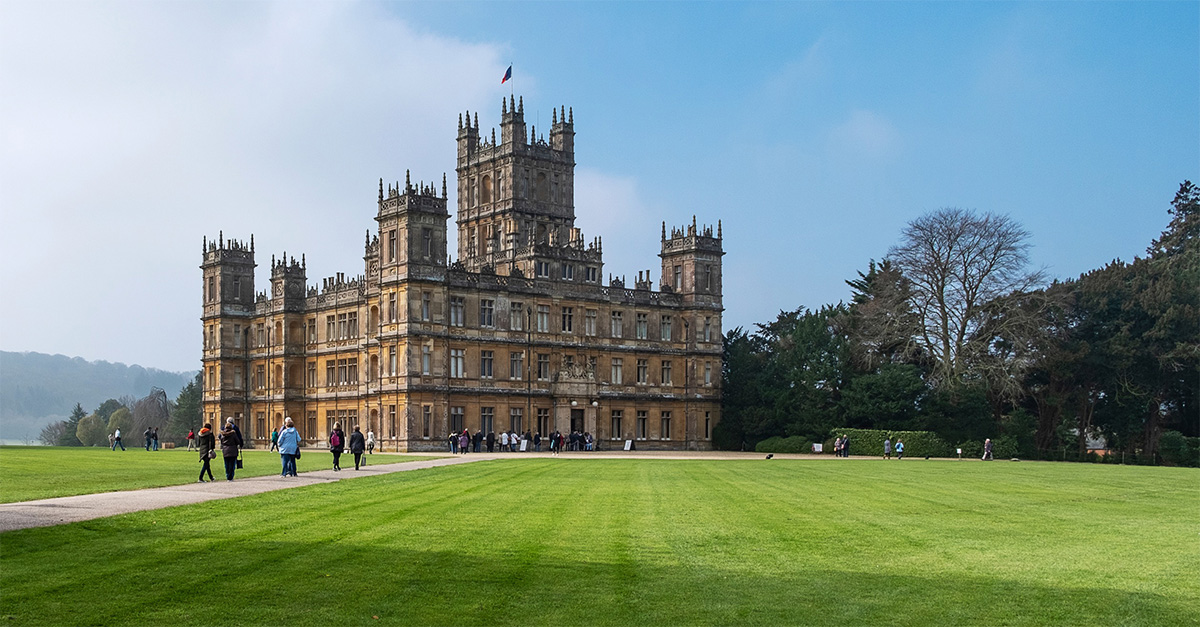| Picture: Image Bank |
Cubans live and breathe music. Whether out taking the sea
air on Havana’s famous Malecon promenade, at a house party or
in one of the many music venues dotted
around the city, there’s always salsa playing and people
moving to the rhythm.
However, if a client’s musical experience of Cuba isn’t
well planned, they might hear only tired renditions of Guantanamera
played a foot away from their table in near-empty restaurants.
Some of the touristy venues are smart, such as the El Floridita bar
on Calle Obispo – where writer Ernest Hemingway downed rum
cocktails – while others are very atmospheric, like the
rambling Bodeguita del Medio on Calle Empedrado, but others are
best avoided, so advise your clients to research their trips
carefully – a guide-book is a good place to start.
If your client is staying outside the capital, many operators offer
excursions such as overnight trips to Havana which also take in a
nightclub. However, although some excursions can only be booked in
resort they can still be used to sell the destination. For example,
First Choice’s excursions to Havana from Varadero and The
Cayos can be prebooked by agents, but trips from Holguin have to be
booked in resort.
Thomas Cook long-haul product manager Jill Thompson said: “A
stay in Cuba is incomplete without a visit to Havana. Where else
will you see old American cars driving along cobbled streets,
glitzy bars and the sound of salsa?”
Like other major operators, Thomas Cook offers twin-centre trips
that allow travellers to spend several days in Havana before or
after a break on the beach.
For those in search of total immersion in the music scene,
specialist operator Caledonia Languages Abroad takes groups to Cuba
to learn the lingo between music and dance classes. It can be
contacted direct or sells through London-based Latin American
specialist South American Experience. Caledonia bookings manager
Doreen Rutherford said: “We mainly do salsa, but we can also
arrange sessions with percussionists and with one of the national
dance and music companies.”
These themed trips are for committed ‘salseros’ but
everyone in Cuba can – and should – take the chance to
see some live music. Don’t forget: all visitors need a
Tourist Card to enter Cuba. Read on for Travel Weekly’s
musical guide to Havana.
Salsa
The best-known Cuban musical style is salsa. Its infectious rhythms
and brass flourishes inspired dancing booms in the 1950s and 1990s.
Older than Fidel Castro and the revolution, it is still
Cuba’s definitive sound, whether it’s the traditional
swinging salsa of Beny Moré and Celia Cruz or the newer,
hard-edged ‘timba’ salsa.
Most Cubans dance very well, but they are unpretentious and all
foreigners are welcome to join in the hot, heaving mass at salsa
clubs. The salsa scene is not dominated by any one band, but look
out for Klimax, Charanga Habanara, Bamboleo and Azúcar Negra.
You can see salsa and timba performed live at the two Casas de la
Musica – there’s one in the capital Havana on Calle
Galiano and another in suburb of Miramar. The Casas open at 6pm for
the first shift of dancing and re-open at 10pm for a late
dance.
Son
Son is a complex fusion of African rhythms, Spanish folk song,
European ballroom and country dance patterns, as well as the tango
and a local dance called the habanera. If clients are lucky enough
to catch a concert by virtuosos such as Felix Baloy or Son 14, they
will hear all these elements. The Buena Vista Social Club album
– and documentary film directed by Wim Wenders – turned
some Cuban musicians into global superstars and made son famous.
Whether you know it or not, you will have heard the album’s
haunting song Chan Chan, which is still riding high in the
UK’s world music charts. Clients will hear son most often as
background to dining out.
Clients should watch out for concerts by some of the stars from
Buena Vista Social Club, such as Ibrahim Ferrer, Eliades Ochoa,
Manuel ‘Guajiro’ Mirabal and Omara Portuondo. The band
of guitar legend Compay Segundo, who died in 2003, play regularly
at the Hotel Nacional de Cuba in Vedado.
Fusion
In recent years, rap and hip-hop have caught on with many
younger Cubans. There are festivals at which bands such as
Triangulo Oscuro show off an urban style that takes its beats from
the US but its ideas and swing from Cuba.
There is also Cuban pop music, which often has salsa percussion but
apes the ballads and rocky riffs of European and US pop. At the
moody, dimly lit Café Cantante on the Plaza de la
Revolución, great son and salsa bands play.
Jazz is also very popular and the annual Jazz Festival Plaza
Havana, held in December, has won wide acclaim, not least because
of the international success of the festival’s artistic
director Chucho Valdés, the Grammy-winning jazz musician.
Trova
If clients prefer folksy music, look out for Silvio Rodríguez
and Pablo Milanés, veterans of the trova scene. Trova is
characterised by ballads and protest songs, and uses guitar and
straightforward rock-style arrangements. It is akin to the 1960s US
folk of Bob Dylan and Joan Baez, with lots of acoustic guitar,
though in Cuba the message is even more revolutionary.
All over Cuba, people can hear Hasta Siempre, Comandante, a
stirring folk song dedicated to the hero of the revolution Che
Guevara. Many Cuban musicians are classically trained, and the
quality, even of impromptu concerts, is often very high.
Bolero and cabaret
The obvious destination for cabaret and floorshows is the
Tropicana. Popular with major operators, it’s a uniquely
Cuban extravaganza and has all the glamour of the 1930s. The
open-air setting is simply stunning, with tropical trees blending
with the stars and fancy lighting.
But, as First Choice resort supervisor Alejandro Vázquez said:
“Tropicana is not the only prestigious nightclub in the
capital. The Parisien in the Hotel Nacional de Cuba is second to
none and is full of history.”
Vazquez also recommends the La Zorra y El Cuervo nightclub in
Vedado, where Cuban music is played; the Habana Jazz Café; the
Habana Café (next to the Hotel Meliá Cohiba) and the
Night Club Copa Room, which are open almost every evening. Listings
magazine The H provides information about all these venues. At El
Gato Tuerto, there’s a far more intimate atmosphere.




